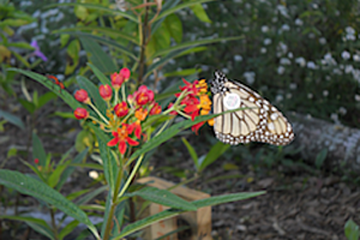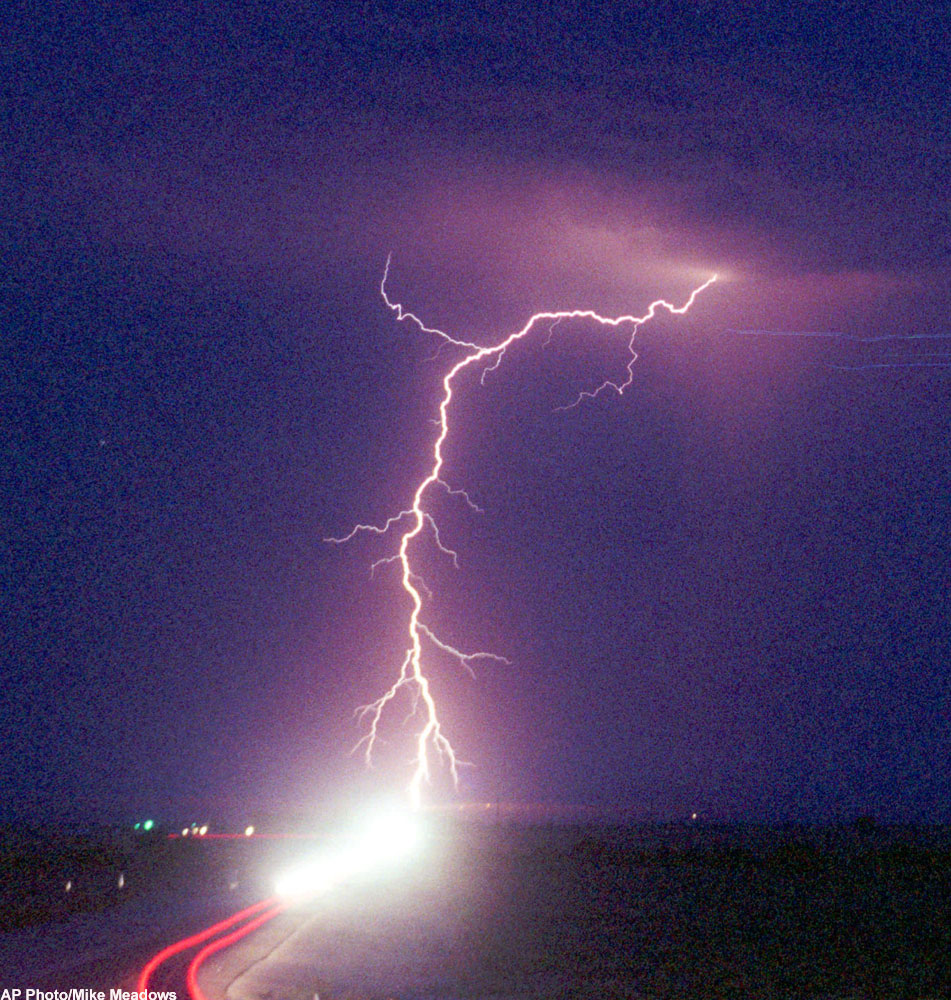
Migrating Monarchs Face Hazardous Travel

Get the world’s most fascinating discoveries delivered straight to your inbox.
You are now subscribed
Your newsletter sign-up was successful
Want to add more newsletters?

Delivered Daily
Daily Newsletter
Sign up for the latest discoveries, groundbreaking research and fascinating breakthroughs that impact you and the wider world direct to your inbox.

Once a week
Life's Little Mysteries
Feed your curiosity with an exclusive mystery every week, solved with science and delivered direct to your inbox before it's seen anywhere else.

Once a week
How It Works
Sign up to our free science & technology newsletter for your weekly fix of fascinating articles, quick quizzes, amazing images, and more

Delivered daily
Space.com Newsletter
Breaking space news, the latest updates on rocket launches, skywatching events and more!

Once a month
Watch This Space
Sign up to our monthly entertainment newsletter to keep up with all our coverage of the latest sci-fi and space movies, tv shows, games and books.

Once a week
Night Sky This Week
Discover this week's must-see night sky events, moon phases, and stunning astrophotos. Sign up for our skywatching newsletter and explore the universe with us!
Join the club
Get full access to premium articles, exclusive features and a growing list of member rewards.
This article was provided by AccuWeather.com.
The Monarch butterflies migrating from Mexico to Canada will cross states that lack wildflowers and Milkweed due to wildfires, weed control and drought conditions.
This years swarm is feared to be the smallest since the winter of 2004-2005, according to learner.org. During the migration south, the butterflies were dealing with sparse areas with wildflowers due to drought and wildfires across many of the southern states. The nectar they collect from the flowers help fuel them for their journey to Mexico where they overwinter.
"This year, less than three acres of Monarchs made it into Mexico to overwinter," said Craig Wilson, Ph.D. Director USDA/HSNIP Future Scientist Program and Senior Research Associate at the Center for Mathematics and Science Education at Texas A&M University. Logging in Mexico has reduced the habitat where the butterflies overwinter, adding to their reduction in numbers.
The dry conditions improved in recent weeks, however, the problem of less wildflowers will still exist during the return trip.Temperatures staying below average during the month of March for states like Raleigh, N.C., Columbia, N.C., and Dallas, Texas has slowed the growth of vegetation. Raleigh was 6.8 degrees F below average, Columbia was 4.6 degrees F below and Dallas was 1.2 degrees F below average for March.
Another issue facing the Monarchs is a lack of Milkweed. The increased use of herbicides to kill weeds both on farm crops and along roads has reduced the amount of Milkweed available for the butterflies to lay their eggs on, according to Wilson.The Milkweed plant is important to the Monarchs because they will only lay their eggs on Milkweed plants.
When the larvae hatch, they feed on the plant and ingest toxins from the plant that make the Monarchs toxic and bad tasting to their natural predators. Their colorfully patterned wings give a warning of their bad taste to birds and other predators.
Get the world’s most fascinating discoveries delivered straight to your inbox.
While it only takes one generation to travel to Mexico, it takes four generations to make the return trip. On that trip, both milkweed and wildflowers are vital to the Monarch's survival.
"People can help by planting Milkweed and wildflowers on their property," Wilson said. It may be hard for people to purchase Milkweed plants as they are only carried by a few garden supply stores.
Even people with limited space can plant Milkweed or wild flowers in planters on their property. Without enough of both kinds of plants, less Monarchs will be able to survive the journey north.
"Without Monarchs, life will be less rich with less diversity," Wilson said. "They will be the 'wake-up' call, if Monarchs disappear, other species can disappear too."
© AccuWeather.com. All rights reserved. More from AccuWeather.com.
The weather is getting stranger, right? Well, for the most part no, scientists say, but humans often think so when a strange event does occur. So here’s your chance to prove how much you known about weather oddities.
Weird Weather: One Strange Quiz
 Live Science Plus
Live Science Plus











